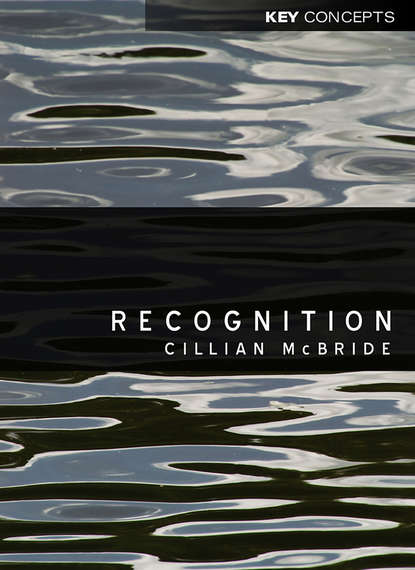
Recognition скачать fb2
Cillian McBride - Recognition краткое содержание
A tension between the desire to be respected as an equal and the desire to distinguish oneself as a unique person lies at the heart of the modern social order. Everyone cares about recognition: no one wants to be treated with disrespect, insulted, humiliated, or simply ignored. This basic motivation drives the ‘politics of recognition’ which we see in those struggles for inclusion and equality in relation to gender, ethnicity, race and sexuality and which seek to affirm the public value of these particular identities. In this compelling new book Cillian McBride argues that the notion of recognition is not merely confined to these struggles, but has a long history, from ancient ethical ideals centred on the achievement of honour and glory, to Enlightenment ideals of human dignity and equality. He explores the politics of cultural rights and recognition, the conflict between dignity and esteem, the role of shame and stigma in systems of social control and punishment, the prospects for a just society in which everyone receives the recognition they deserve, and the way in which we come to be independent, self-determining persons through negotiating the networks of social recognition we inhabit. Recognition will be essential reading for students in philosophy and political theory, and any general readers interested in trying to understand and evaluate the role of recognition in the modern world.
Чтобы оставить свою оценку и/или комментарий, Вам нужно войти под своей учетной записью или зарегистрироваться



